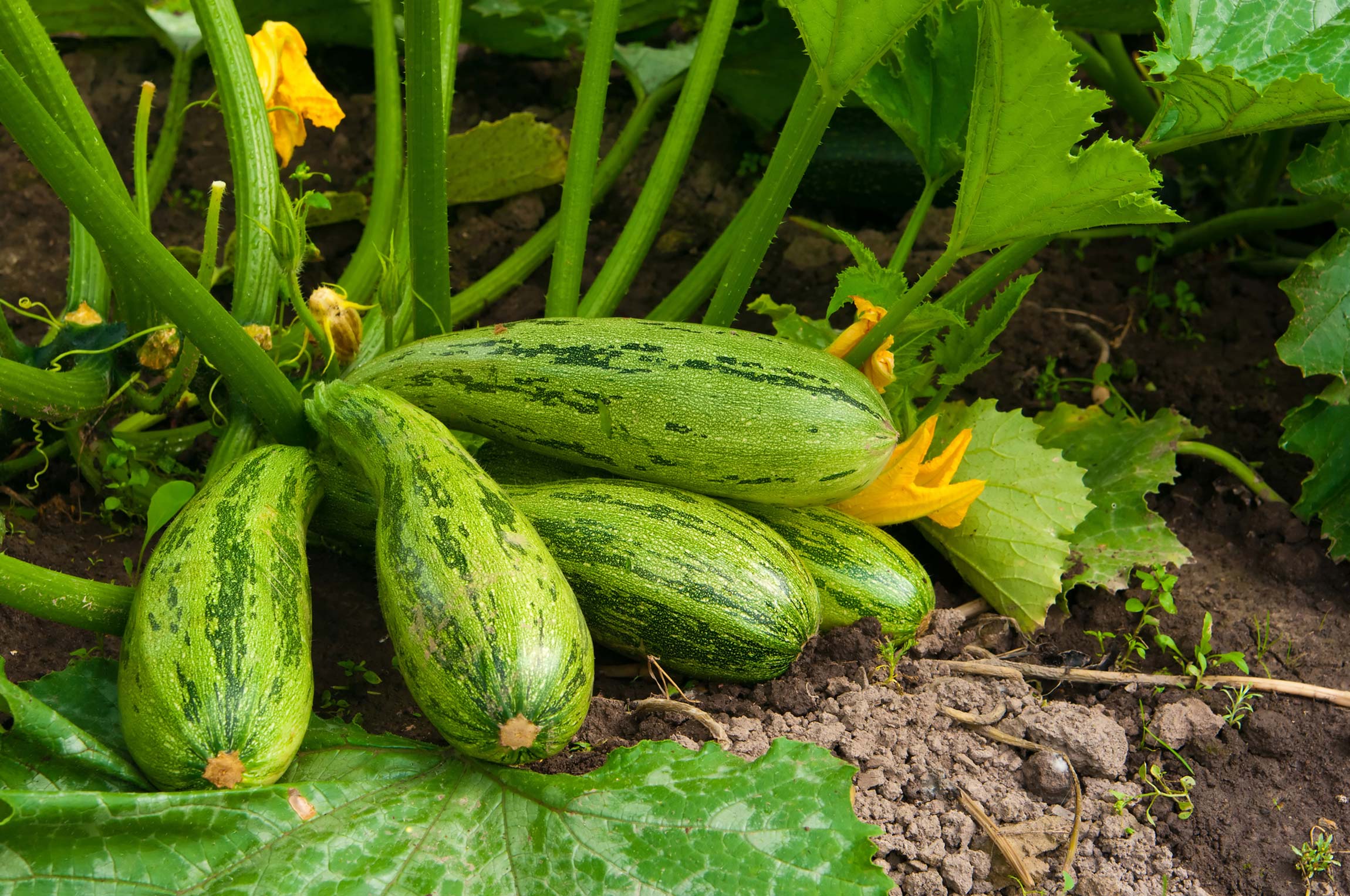Healthy, ethical, and sustainable food for all. Living in Tulsa, OK, for 11 years, I asked nutrient dense recipes locals if crime was a problem. Well, in August you better be sure to lock your car, because otherwise someone might put a bag of zucchini in your car.

People who grow zucchini, like me, harvest more than we can eat. Zucchini, a summer squash, is a member of the gourd family. It originated from Central America from where it has spread to the rest of the world. This popular succulent vegetable does well in warm weather, in places with moist, fertile soil. It takes 35 to 60 days from planting to first harvest. The plant grows to a height of two and a half feet. For best flavor, zucchini fruits are harvested when they are 4-8 inches.
Darker fruits are usually higher in nutrients. But what are the nutritional benefits of zucchini? Editor’s Note: Botanically, zucchini is a fruit, but it’s most often used like a vegetable. What Are The Nutritional Benefits of Zucchini? Zucchini contains zero fat, and is high in water and fiber. It also contains significant amounts of vitamins B6, riboflavin, folate, C, and K, and minerals, like potassium and manganese.
The summer squash also contains antioxidant and anti-inflammatory phytonutrients. This makes zucchini, also known as courgette, a nutrient-dense food that you should include in your diet. Zucchini Benefits: 8 Reasons to Eat More of This Squash 1. Improves digestion Incorporating zucchini in your diet can help improve digestion including reducing the incidence of constipation and other digestive issues.
It also contains significant amounts of fiber, electrolytes, and other nutrients that are necessary for a healthy digestive system. Regular consumption of zucchini can also help prevent ulcers, IBS, and colon cancer. Slows down aging Aging results from the activity of toxins, free radicals, and inflammation that the body is exposed to over the years. These poisons and inflammation can be reduced by antioxidants and anti-inflammatory foods. Zucchini is rich in antioxidants and anti-inflammatory phytonutrients, which help rid the body of free radicals and excess inflammation.
By including zucchini in your diet, you increase the intake of fiber. You can also reduce your carbohydrate intake because you will feel full for longer. These diet changes can help reduce your blood sugar levels and increase insulin sensitivity. This can mean that your body no longer requires excessive amounts of insulin to process sugar. This can change your risk of developing diabetes. Studies show that including at least 30 grams of fiber in your daily diet lowers your risk of getting diabetes significantly.
Supports healthy circulation and a healthy heart Zucchini is low in fat and sodium, but high in fiber and potassium. These properties help to maintain healthy blood circulation. Low sodium and high potassium help to maintain healthy blood pressure while fiber, such as the polysaccharide in zucchini, lowers cholesterol levels. This combination works synergistically to maintain good circulation, which is necessary for healthy blood pressure and a healthy heart. Improves eye health Zucchini is a good source of health-protecting antioxidants and phytonutrients, including vitamin C, beta-carotene, manganese, zeaxanthin, and lutein. Zeaxanthin and lutein are especially useful in maintaining and improving eye health by fighting free radicals.
